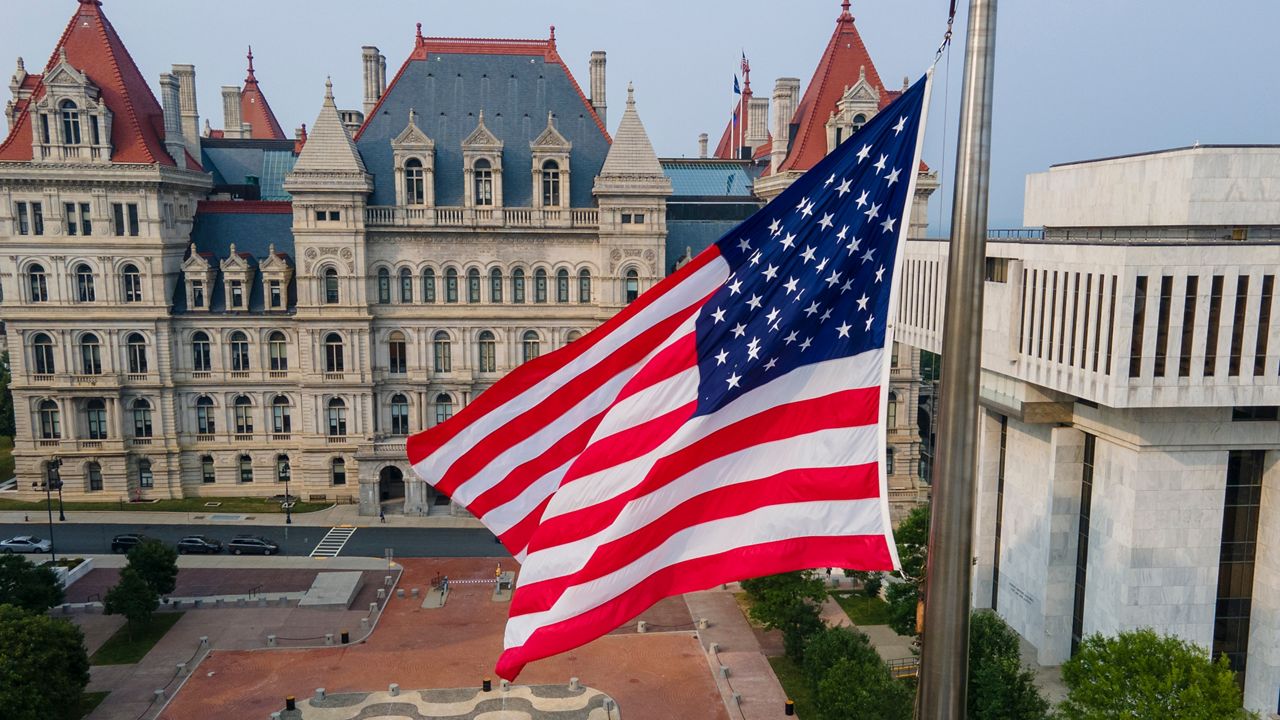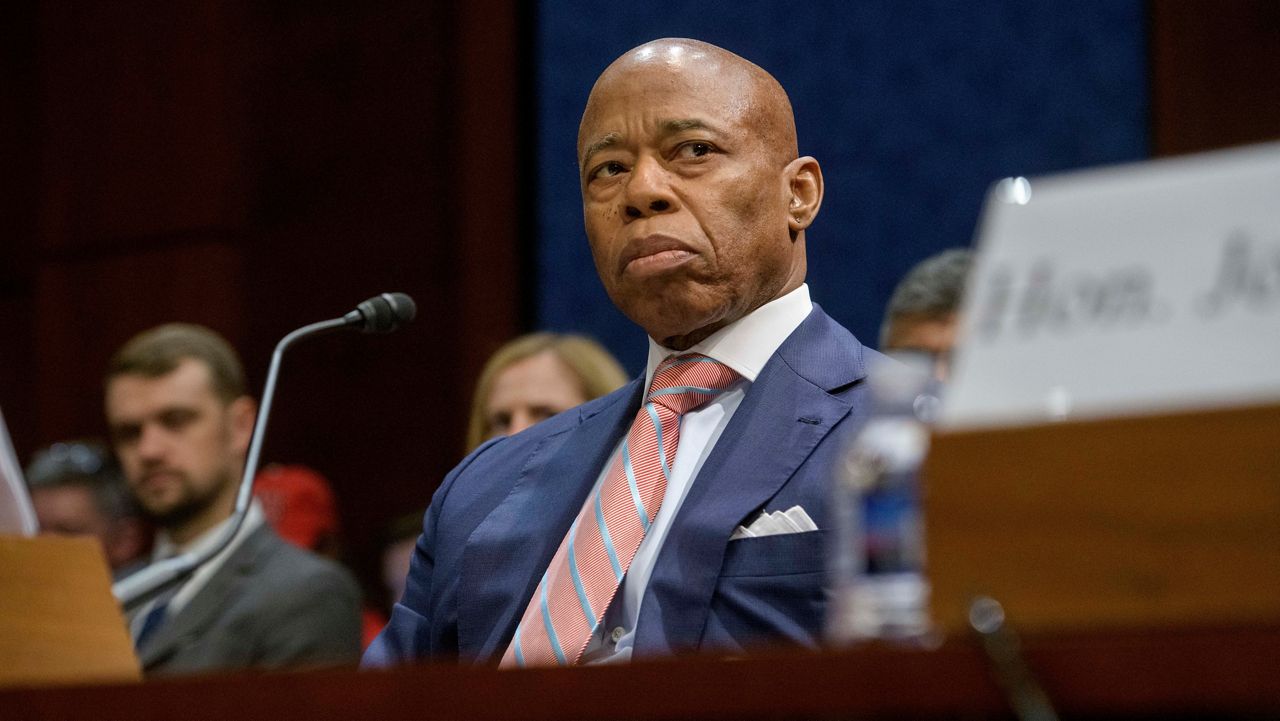Two barrier-breakers from New York are marking their first Pride Month on Capitol Hill.
Reps. Ritchie Torres and Mondaire Jones are the first two openly-gay Black men elected to Congress. Both were elected last fall.
“It’s a surreal experience,” said Jones of his first Pride as a member of Congress.
Jones, a Democrat representing Westchester and Rockland Counties, said that when he was younger, he never imagined coming out — let alone being accepted as an openly-gay candidate.
“It is a testament to the kind of progress we have made in our society that I don’t feel particularly discriminated against in the halls of Congress,” he said.
Torres, a Democrat who represents the Bronx, is also the first openly-gay Afro-Latino member of Congress.
“Every time I set foot on the House floor, I cannot help but feel the weight of history on my shoulders,” he said.
That weight comes with a sense of responsibility, they say. Both congressmen argue that while progress has been made — marriage equality, for example — there is a lot more they need to fight for in Washington.
Torres is pushing for legislation requiring financial institutions to gather data on LGBTQ-owned businesses and their access to credit and capital, the goal being to ensure their access is equal.
Jones wants to ban discrimination based on gender identity and sexual orientation in the jury selection process.
Both congressmen say the Equality Act needs to be made law. The legislation, which expands civil rights protections for LGBTQ+ individuals, faces an uncertain future in the evenly split U.S. Senate.
“The vast majority of LGBTQ people live in states that offer no protection against discrimination based on sexual orientation and gender identity,” Torres said.
Jones said part of the reason he is so adamant about ending the Senate’s 60-vote filibuster rule is to potentially pave the way for Congress to pass the Equality Act.
Both hope that with a seat at the table, they can have an impact on Capitol Hill and beyond.
“It's really cool to be a representative that I did not have growing up for other kids who are looking for affirmation,” Jones said.
Another New York congressman, Sean Patrick Maloney who represents the Hudson Valley region, is also openly-gay. He has served in Congress since 2013.









